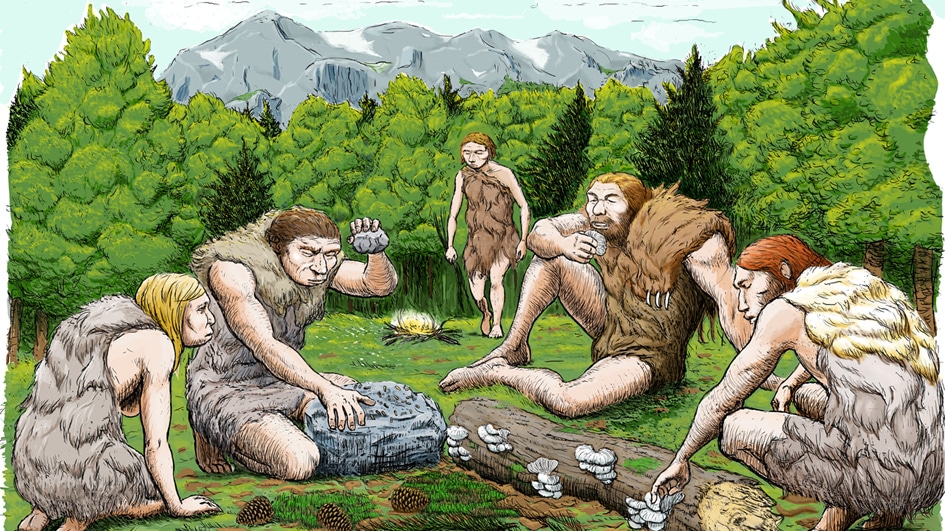Early Human Ancestors’ Plant-Based Diet Uncovered

The dietary habits of early human ancestors have long intrigued scientists. Recent research reveals that Australopithecus africanus, a species that roamed the Earth over three million years ago, primarily relied on plant-based foods rather than meat. This groundbreaking study, which analyzed fossilized teeth, provides new insights into the eating habits of our ancient relatives. The findings challenge previous assumptions about early human diets and suggest a more complex relationship with food sources than previously understood.
Study Analyses Fossilised Teeth for Clues
A recent study published in the journal Science examined the dietary habits of Australopithecus africanus through the analysis of fossilized teeth. Researchers focused on nitrogen-bearing organic material found within the enamel of these teeth. They studied a total of 43 specimens from the Sterkfontein caves in South Africa, which included seven individuals of the species. By comparing the nitrogen isotopic ratios in these samples to those of other extinct mammals from the same site and to modern African mammals, the researchers uncovered significant dietary patterns.
The results indicated that the diet of Australopithecus africanus was diverse but did not include a substantial amount of mammalian meat. This finding is crucial as it suggests that early human ancestors may have thrived on a diet rich in vegetation and other non-meat sources. The study highlights the importance of using fossilized teeth as a tool for understanding the dietary preferences of ancient species. This method allows scientists to gain insights into the ecological niches occupied by these early humans and how their diets may have influenced their evolution.
Implications for Early Human Evolution
The implications of this research extend beyond dietary preferences. Dr. Tina Lüdecke, a geochemist at the Max Planck Institute for Chemistry, explained that the findings provide valuable insights into the evolutionary adaptations of early human ancestors. The absence of a meat-rich diet suggests that certain adaptations, such as bipedalism and shorter snouts, likely developed before the consumption of high-protein meat became prevalent. These traits may have been essential for survival in the savanna ecosystems where Australopithecus africanus lived.
Understanding the dietary habits of early humans can help researchers piece together the puzzle of human evolution. The reliance on plant-based foods may have shaped not only physical adaptations but also social behaviors and ecological strategies. As early humans navigated their environments, their diets would have influenced their interactions with other species and their ability to adapt to changing conditions. This research opens new avenues for exploring how diet played a critical role in the success and survival of early human ancestors.
Possible Protein Sources Beyond Meat
While the study suggests a primarily plant-based diet, Dr. Lüdecke noted that occasional consumption of meat or energy-rich insects, such as termites, cannot be completely ruled out. Termites, in particular, are a reliable food source that could have supplemented the diet of Australopithecus africanus without significantly altering the nitrogen isotopic markers in their teeth. Observations of modern apes, which often fish for termites, support this possibility.
This research lays the groundwork for future studies on dietary transitions among later human species. Understanding the role of diet in human evolution is crucial for comprehending how our ancestors adapted to their environments. As researchers continue to investigate the dietary habits of early humans, they may uncover more about the complex interplay between food sources and evolutionary success. The findings from Australopithecus africanus serve as a reminder that our understanding of human ancestry is continually evolving, shaped by new discoveries and insights.
Observer Voice is the one stop site for National, International news, Sports, Editor’s Choice, Art/culture contents, Quotes and much more. We also cover historical contents. Historical contents includes World History, Indian History, and what happened today. The website also covers Entertainment across the India and World.

